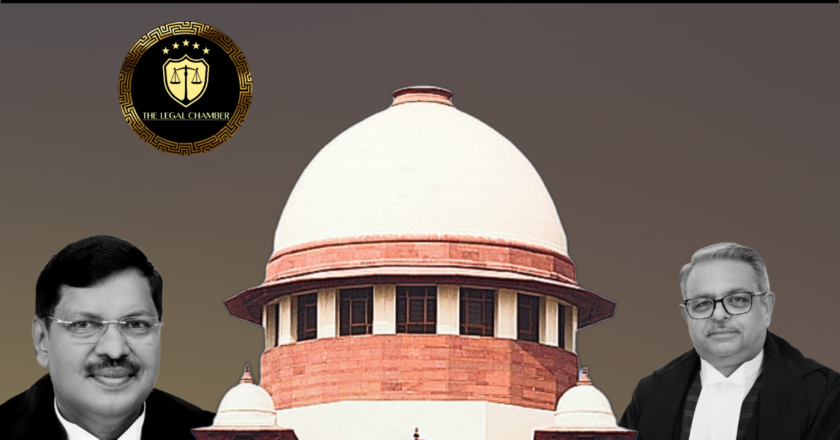From Paper Rights to Real Rights: Supreme Court Orders Sweeping Reforms for Transgender Community
This Supreme Court judgment affirms that the Transgender Persons (Protection of Rights) Act, 2019, read with Articles 14, 15, and 21 of the Constitution, imposes horizontal obligations on both State and private establishments to prevent discrimination against transgender persons. The Court underscores the State’s positive duty to ensure reasonable accommodation, effective grievance redressal, and substantive equality, holding that legislative and administrative inaction constitutes discriminatory omission.
Facts Of The Case:
The petitioner, Jane Kaushik, a transgender woman and trained teacher, faced alleged discrimination and termination from two private schools within a year. She was first appointed by the First School in November 2022 but was forced to resign after eight days, citin...









